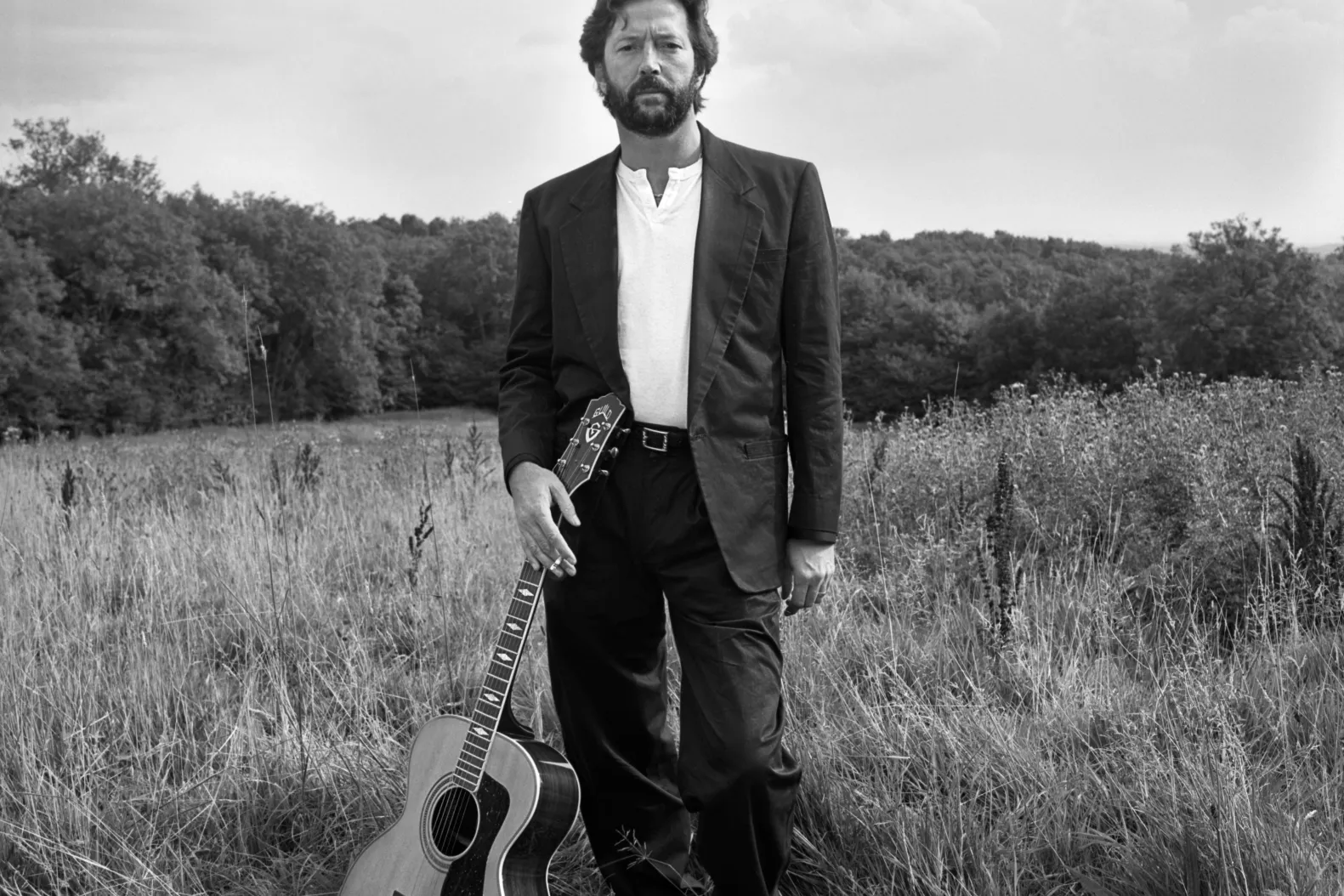Eric Clapton, famously nicknamed “Slowhand,” isn’t just a guitar hero—he’s a living library of the blues. While he could take the guitar in directions that no one had ever imagined, his real gift lay in his deep knowledge and respect for blues traditions. From playing classic John Lee Hooker tunes to showing admiration for artists like JJ Cale, Clapton carried the blues wherever he went. He wasn’t just performing; he was preserving a legacy.
To understand Clapton’s influence, it helps to look at the history of the guitar. In his generation, guitarists like Jeff Beck and Jimi Hendrix were creating sounds that were revolutionary and beautiful, but often so complex that a new listener might feel lost. Clapton, on the other hand, may have started with a simpler voice in singing, but his guitar playing spoke volumes. His greatest strength was his ability to blend technical skill with raw emotion, always keeping the blues at the heart of his music.
Clapton’s love for the blues didn’t come from textbooks—it came from listening and feeling. He studied the Delta blues of legends like Robert Johnson and Charlie Patton. Johnson, with just a handful of recordings, laid down a blueprint for guitarists for generations. Patton, less well-known but equally influential, planted the seeds for the blues that would grow across the American South. Clapton once said, “I found out all I could about the different Delta styles. The musical thought which was going through the whole thing interested me, and it still does. I find it incredibly fascinating because there were a lot of things which just can’t be explained.”
Clapton wasn’t just copying these artists; he absorbed their essence and made it his own. Every note he played carried authenticity, as if he were having a conversation with the past while speaking in his own voice. This ability to honor tradition while innovating is what made him extraordinary. Whether he was channeling the speed and energy of Chicago blues players like Buddy Guy or dwelling on a single note to convey deep feeling, Clapton found the perfect balance.
Songs like “Layla” are a testament to this. When first heard, the guitar work feels magical and unexplainable, much like the blues itself. It’s music that comes straight from the heart—unlike anything that can be learned from books or tutorials. Clapton understood that the blues isn’t just about technique; it’s about emotion, soul, and connection. That’s why his music resonates decades later.
In the grand story of the blues, Eric Clapton may not have invented the genre, but he became one of its most devoted students and passionate ambassadors. By honoring legends like Johnson, Patton, Hooker, and Cale while adding his unique touch, Clapton helped bring the blues to a wider audience. For anyone wanting to understand the guitar’s true emotional power, following Clapton’s journey is like tracing a path through the heart of the blues itself.

